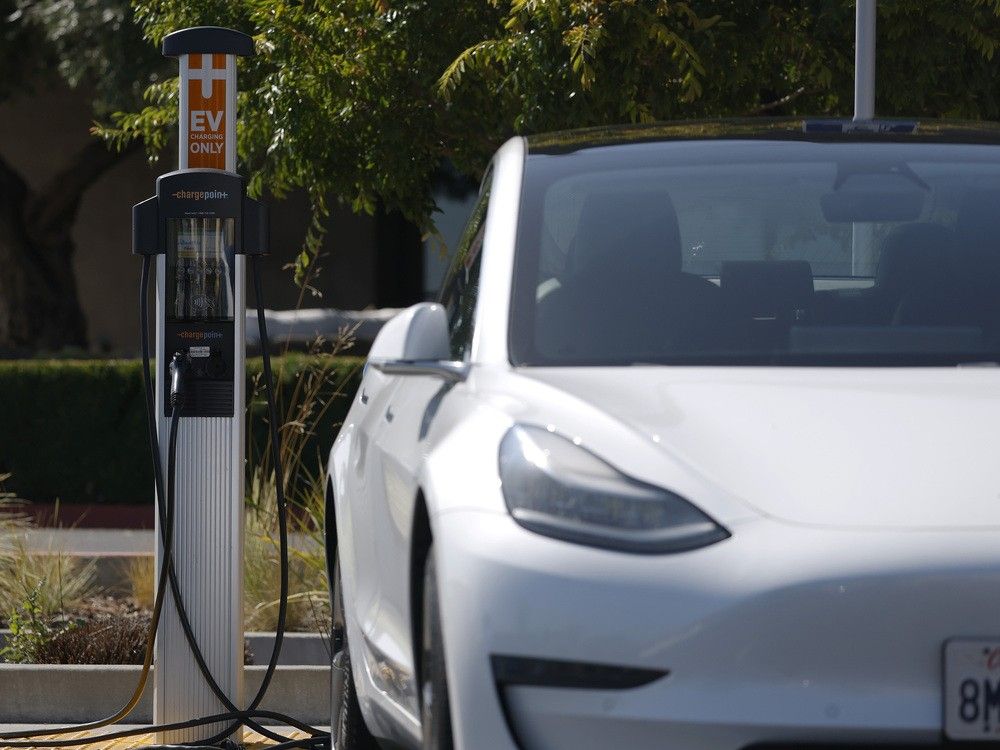B.C. noncommittal on following PM Carney's pause on federal EV sales mandate

The British Columbia government is facing increasing pressure to follow the federal government’s lead in pausing the zero-emission vehicle sales mandate for 2026. Prime Minister Mark Carney recently announced the federal decision to review the program for 60 days, citing the challenges faced by Canada’s auto sector.
Energy Minister Adrian Dix stated that the province is still working on adjustments to B.C.’s more aggressive mandates, which have impacted sales in the industry. While details on the specific actions to be taken are scarce, Dix assured that the response will be substantive and delivered soon.
The federal mandate that was put on hold required 20% of light-duty vehicles sold in Canada to be electric or plug-in electric hybrid by 2026, increasing to 60% by 2030 and 100% by 2035. B.C.’s thresholds are currently set higher, with 26% zero-emission vehicle sales in 2026, aiming for 90% by 2030 and 100% by 2035.
However, sales in B.C., especially for electric vehicles, have declined significantly following the pause on incentive subsidies. In June, EV sales in the province were only 15% of the market, down from 25% the previous year. This has led to challenges for manufacturers who face penalties for not meeting the mandated ratios.
The Energy Futures Institute has also raised concerns about B.C.’s ability to achieve its EV sales targets without adequate rebates and charging infrastructure. The institute’s chairman, Barry Penner, emphasized the need for a comprehensive approach to the EV transition, including rebates, charging infrastructure, and public education.
Despite the challenges, Dix reiterated B.C.’s commitment to working with the federal government on making EVs more affordable and expanding charging networks. The province is also considering adjustments to its targets for 2026 and 2030 to align with current market conditions.
In the meantime, industry stakeholders are hopeful that the government will take into account the challenges faced by manufacturers and consumers in the transition to electric vehicles. With the future of EV sales uncertain, stakeholders are pushing for a balanced approach that supports the growth of the EV market while addressing practical concerns.




